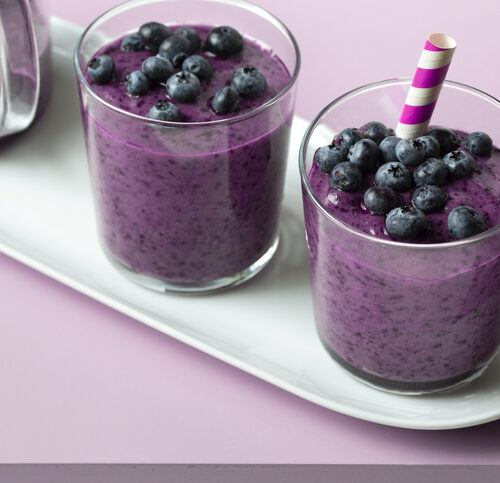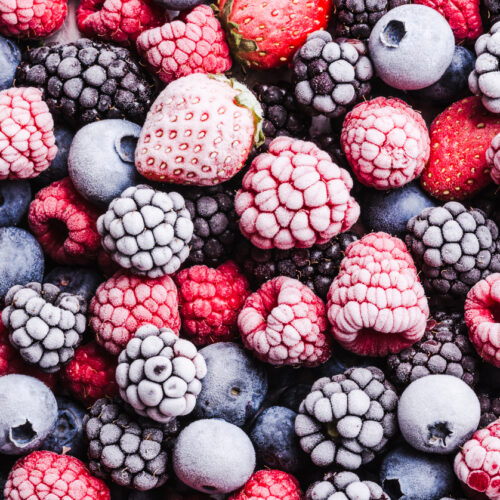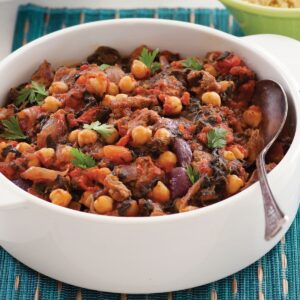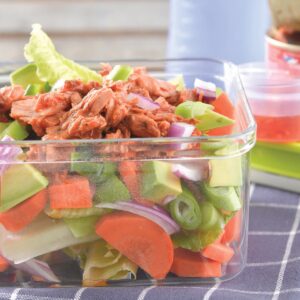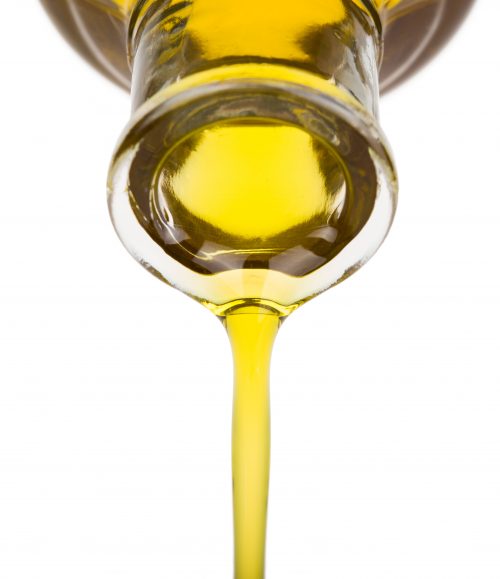
Q: "I recall listening to an American cardiologist on television last year discussing hydrogenated fats. I understood from him that once you heat any fat it renders it hydrogenated… so cooking with good oils (unsaturated, polyunsaturated, etc) is of no significant benefit. And he advocated eating nuts in their natural state and not roasted, to be of benefit. Is there no benefit conferred to baking a cake with canola oil over butter?"
Stephanie
A: Caroline Gunn, director of Food Safety Services in Napier, responds:
"There are several aspects to this question. Firstly, Stephanie asks are you turning the oil you use at home into a hydrogenated fat when you heat it, say, in the frying pan. The answer is NO. Hydrogenation is a process which changes the unsaturated and essential fatty acids (EFAs) in an oil by reacting it under pressure with hydrogen gas. This would be done in an industrial setting as you need very high heat (up to 210°C – which is above the smoke point of many oils), also a metal catalyst like nickel with aluminium, and plenty of time (usually 6 to 8 hours) to bubble the hydrogen through the oil. Repeated high heating of oil in a commercial kitchen may induce a small degree of hydrogenation.
However, we do know that good oil is damaged in the presence of high heat, light and oxygen, and free radical oxidation reactions occur rapidly. The better quality oils (those with unsaturated fatty acids and high in EFAs) are much more reactive and more easily damaged than monounsaturated oil or saturated fats. So for this reason, if you are heating oil for frying or deep-frying it would be prudent to use monounsaturated oil (eg olive oil, which only contains a small amount of EFAs) or a 'very small' amount of a saturated fat. I never fry with my best oils as they contain high amounts of EFAs, which I treat as liquid gold – instead I pour them cold over the top of food after it has been steamed or boiled, eg pasta or vegetables or use on salad.
About nuts: The oil present in nuts is better before than after they have been roasted (and salted!!) as a lot of nuts have EFAs too precious to waste by heating.
Regarding baking: Canola oil is another monounsaturated oil so would be more stable than unsaturated oils under heating during baking, which is somewhere between boiling and frying temperatures. Once the crust is formed the inside temperature of the cake would be around 110-120°C and the oil would be protected from the effects of light and air, so either canola or butter would okay. However, the more saturated the fat the less reactive it will be during heating and therefore less damaged. I think the difference would be minimal and I would use whatever tasted better."
www.healthyfood.com



